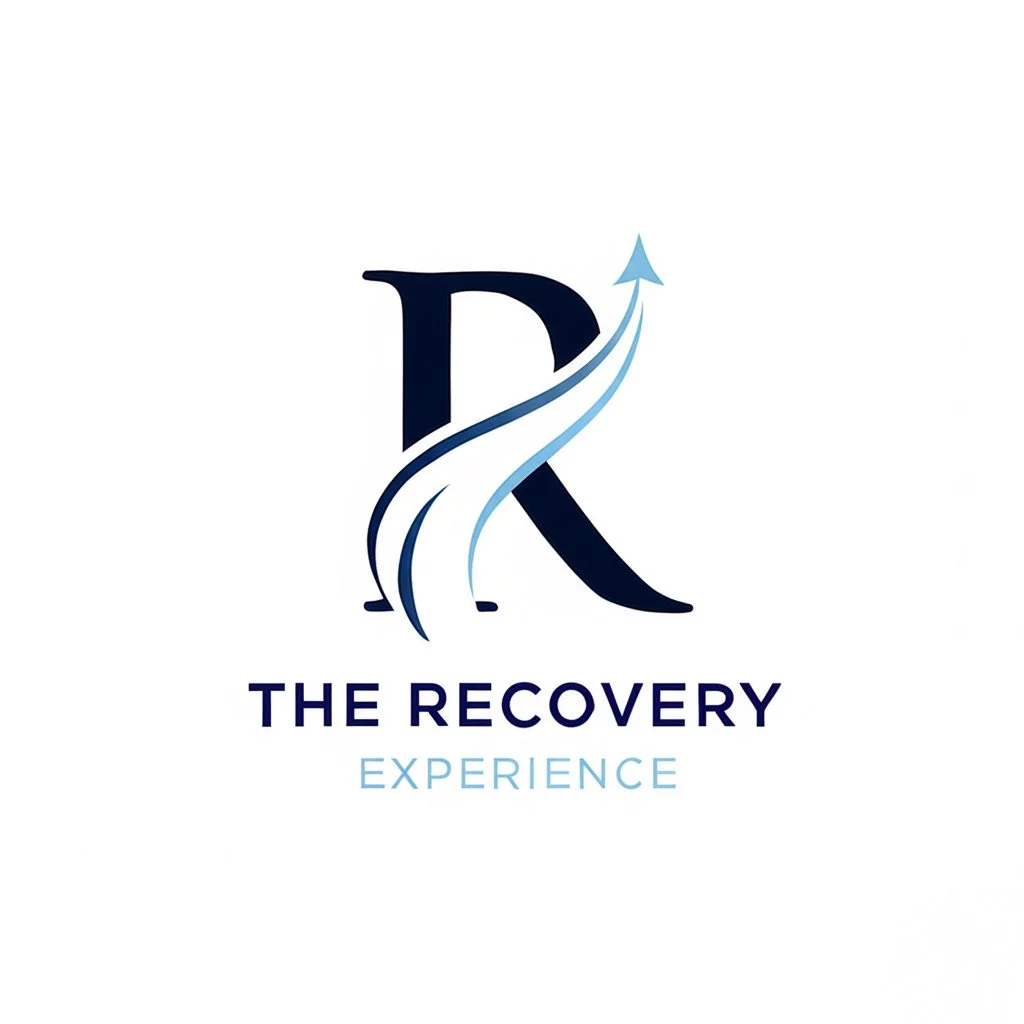Accountability in Recovery
Keeping Your Promises, Especially to Yourself
Accountability is one of the strongest pillars of recovery. It’s about honesty, responsibility, and commitment. Accountability is not about punishment, but about empowerment—a way to align your actions with your values.
What Accountability Looks Like
Accountability means being truthful about where you are on your journey. It’s about owning your choices, making amends when necessary, and recommitting to your recovery even after setbacks.
Why Accountability Works
It builds self-trust. When you keep promises, you prove to yourself that you can be relied on.
It creates structure. Recovery thrives on routine and consistency.
It prevents denial. Owning your truth helps you address challenges head-on.
It supports growth. Accountability partners—sponsors, coaches, peers—help you keep moving forward.
How to Practice Accountability
Partner with a sponsor, counselor, or trusted peer who checks in with you regularly.
Set measurable goals, like attending a set number of meetings each week.
Keep a recovery journal—track wins, challenges, and lessons learned.
Be honest about setbacks—identify what happened, learn from it, and recommit.
Accountability keeps you grounded, honest, and moving in the right direction. Every step you take in truth is a step toward freedom.
